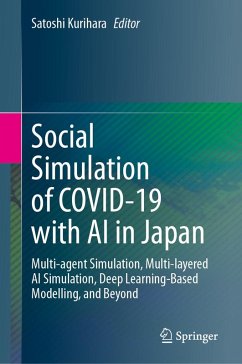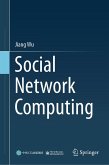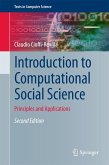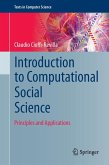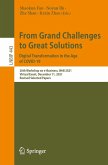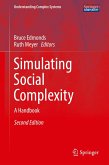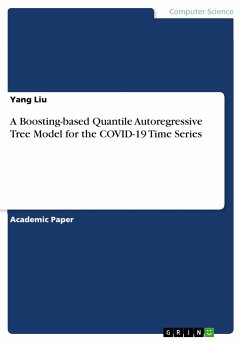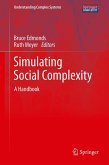In the project, implementing deep learning technologies has enabled access to extensive infection spread data, allowing for machine learning-based predictions. Additionally, agent-based simulation was extensively utilized in this project. Agent-based simulation involves recreating a virtual real-world environment where numerous human-like agents interact dynamically. This approach facilitates the reproduction of complex societal problems and the exploration of potential solutions, which can be fed back into real-world problem-solving.
This book serves as a valuable record of how AI and simulation technologies were applied in response to the unprecedent crisis posed by the COVID-19 in Japan. The insights gained from this endeavor will contribute to preparedness for the next inevitable pandemic.
Dieser Download kann aus rechtlichen Gründen nur mit Rechnungsadresse in A, B, BG, CY, CZ, D, DK, EW, E, FIN, F, GR, HR, H, IRL, I, LT, L, LR, M, NL, PL, P, R, S, SLO, SK ausgeliefert werden.

